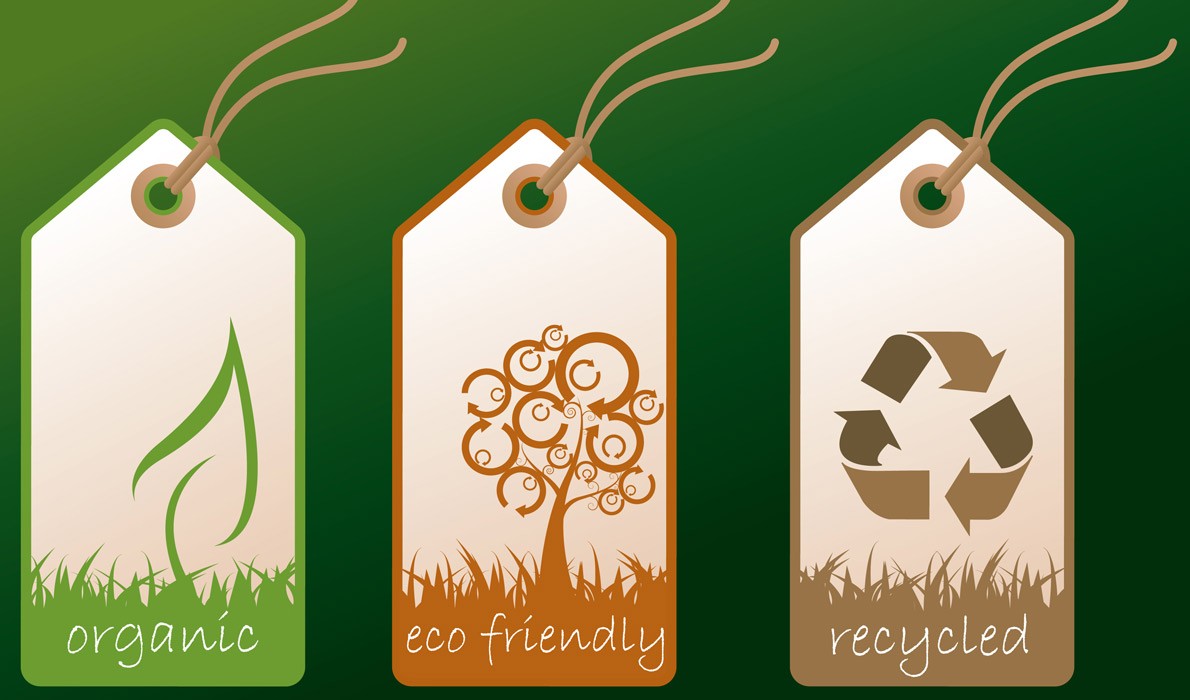Posted August 22, 2017
Last modified August 22, 2017
Some of us old baby boomers and a handful of those a little older are sharing a much-forwarded email item entitled “The Green Thing.” It’s a video which begins with a scene in the grocery store where a bagger stuffs groceries into a plastic bag for an older customer while the older woman apologizes and says, “We didn’t have this ‘green thing’ back in my earlier days.” The young clerk responds, “That’s our problem today. Your generation did not care enough to save our environment for future generations.”
That sets off a series of somewhat defensive explanations of how, actually without benefit of a green thing on our minds, we managed to do quite a few “green” things, like return milk bottles to be sterilized and reused; use cloth diapers instead of disposable ones; and mow lawns with push mowers. (A friend of mine observed that a leaf blower was just a way to pour gasoline into a broom.)
I notice the green thing in my kitchen more than elsewhere in my house, starting with the ubiquitous plastic grocery bags that replaced paper bags. I have been hauling bags to the grocery store nearly all my adult life, verging on 50 years. I took paper bags back to the store to reuse until they were as soft as flannel, then I used them to line my trash basket which I emptied until finally the poor old bag gave up the ghost. If it wasn’t sticky with gooey trash, I’d put it into paper recycling, otherwise I’d add it to whatever truly useless stuff went to the dump. Doing this had no noticeably adverse effect on the quality of my life.
If I had a dog, I might be happy to have plastic bags to scoop poop into. As it is, I carry my canvas and cloth bags into Hannashaws with me and the nice young people at the check-out always ask how heavily they can fill them. Until I am riddled with arthritis or rheumatize I’ll say “fill ‘er up.” Household members are relentlessly reminded to take their bags with them, until a merely reproachful look from me when a plastic bag comes into the house from the store elicits a guilty look and apology.
Portland has essentially outlawed plastic bags and there seems to be no sign of civilization falling apart there. I can’t think why any island store should have a problem with encouraging reusables.
Plastic is such terrible stuff, but handy, too. Surely by now you have heard about the enormous gyre of ocean trash, much of it tiny particles of plastic rotating in the Pacific Ocean.
Plastic is in the soil of my garden: a rotten tarp that covered a boat in my yard for a while shed some of its disintegration into the new garden where I discover tiny blue flakes of it. The little identification stickers that are clapped onto fruits and vegetables crop up unscathed by the composting process.
On the other hand, one of our wheelbarrows is formed of tough, lightweight plastic so when full it is much lighter than it would be if made of metal or wood and easier for me to push around. But what will I do with it when it, too, wears out?
Vegetables stored in plastic-zipped or vacuum-sealed bags last longer and better than if packed in the old-fashioned paper boxes I recall from my youth. Most of my household agree that reusing the bags is a meritorious practice, but I observe that I am the only one willing to wash them.
I am happy for the bulk purchasing options at the coop I frequent, which means I can use containers from home, or reusable paper or plastic to refill with nuts and seeds and pasta. I can choose to forgo plastic swaddling for lettuce or other vegies and fruit at the store, and prefer glass or metal packaging which I can recycle.
Still, an excessive amount of gratuitous plastic invades. Like for instance the extra bit of flimsy plastic welded to the top of sour cream or yogurt containers which I, if ever asked, would happily live without.
Modern dining habits contribute to egregious quantities of disposable plastic: those terrible foam, clam-shell containers or the black-plastic bottoms with plastic lids for take-out. Plastic eating utensils. Whole school systems and public events which use disposables for all meals! Families who have switched over to plastic or paper for home meals. Good heavens! In a world full of dishwashers of the mechanical sort, why so much disposable?
I’ve carped on it before, but I’ll do it one more time. Back before the green thing, we took china plates, glasses, cups, and the family flatware to potlucks, then we took them home to wash. We can do that again, people.
Sandy Oliver is a food historian who lives, gardens, cooks, and writes on Islesboro.

Contributed by




